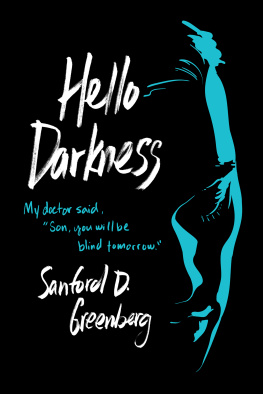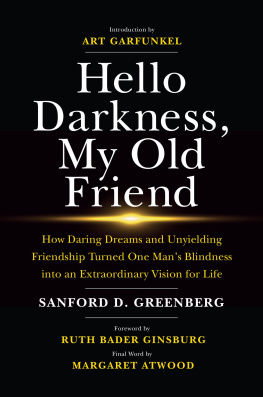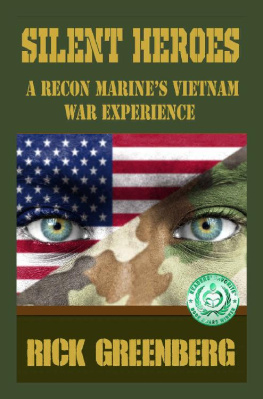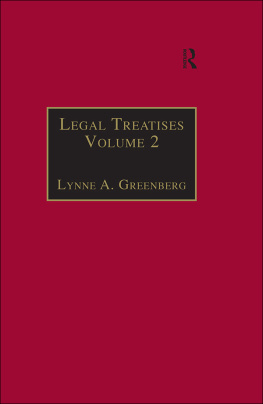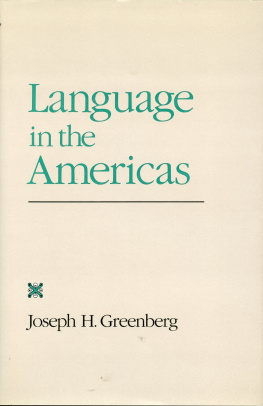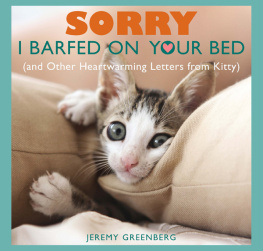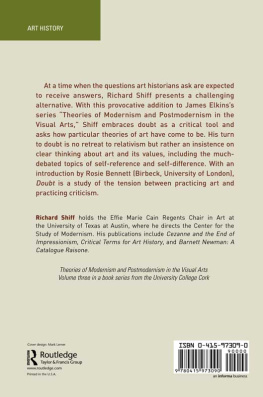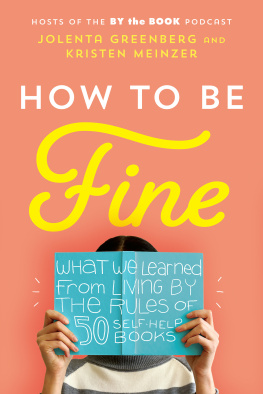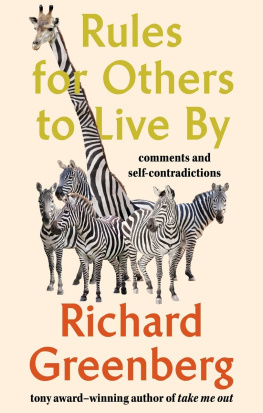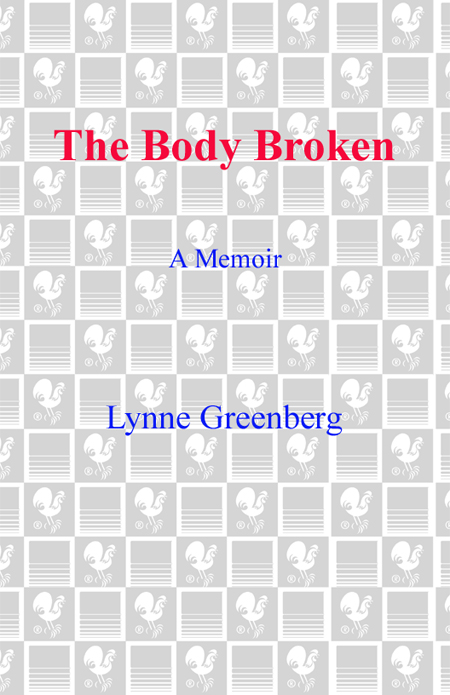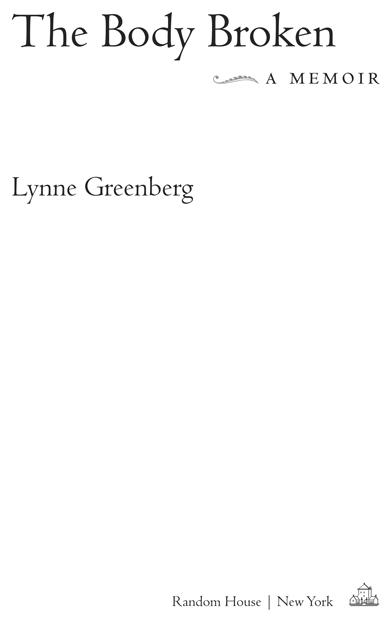21.
35.
39.
Prologue
 I was nineteen. Home from college for the summer. A third date. A reckless boy. I find myself initially unable to recall his name, having blocked it years agoWalter, perhaps? My mother, emphatic, reminds that his name was Martin. All I remember is his stocky build and that, like a wrestler, his center hung low in his hips.
I was nineteen. Home from college for the summer. A third date. A reckless boy. I find myself initially unable to recall his name, having blocked it years agoWalter, perhaps? My mother, emphatic, reminds that his name was Martin. All I remember is his stocky build and that, like a wrestler, his center hung low in his hips.
On our first date, we rode horseback. My horse bolted, and I fell. On our second date, he took me skeet shooting at his fathers hunting club. The gun backfired, and I fell again. Shouldn't these falls have presaged another? Grounded, solid, he had a gravitational pull on me.
On our third date, we drove out from the suburbs of St. Louis, my hometown, to a friends farm in rural Missouri. Huge party. Lots of beer stowed in his trunk, still unopened. He sped along faster and faster, eager for the fun to begin. Racing and bumping along the dirt road, the car hit a small ditch. Martin lost control of the wheel, and the car pitched, rolled, and tumbled off a thirty-foot drop. Those were the days before laws prescribed seat belts; none of us bothered to wear them. I flew out of the open window and fell, yet once more, landing in a cornfield far below. The car was totaled; people assumed that I was dead somewhere inside all of that bent metal. Martin suffered few injuries, a mere broken collarbone, and barreled out of the wreck.
I felt only a vague annoyance during the accident, at first, because hitting the ditch made me bungle my attempt to put on more lipstick. As we began catapulting off the embankment, I still felt no fear, anxiety, or even premonition, just more annoyance. This is so stupid, I thought. Now we're going to be late to the party. And then the sudden whoosh of being lifted high into the air, so brief this flight before the free fall, followed only by blackness.
News of the accident spread through the party. My neighbor Clayton Varley, hearing, raced to get to the car, taking a shortcut through a cornfield. He never found the car; he found me instead, lying among the ripening stalks. Dress ripped off. Unconscious. Covered in filth, rocks, glass, and blood. I was later told that he took his shirt off and covered my exposed body. Such a sensitive, protective gesture. One that sometimes creeps up on me unawares. I still find myself using it as a way of gauging individuals, particularly men. How would they behave in a moment of female vulnerability:
I came to in an ambulance, strapped to a gurney. I couldn't move. I could barely open my eyelids. They were swollen shut, but a man inches from my face demanded attention. He kept questioning memy name, age, address, where I hurt. Again, I felt annoyance. I wanted to go back to sleep. My neck hurt. My arms hurt. My legs hurt. My face hurt. I answered a few of his questions but then drifted. Darkness again.
I awoke to a torture chamber of cures. A team of doctors was cleansing and stitching up my wounds. Screaming, I tried to writhe away from the several nurses who were holding me down. The doctors, waiting on X-ray results of my neck, would not give me pain medication, even a topical numbing agent, until they had identified my injuries. The doctors took for granted that I should endure my leg being sewn back togetherthe prick and then shudder of thread as it sliced through my skinat the same time as they gouged pieces of glass out of my face and set my two shattered arms with no anesthesia, manipulating and yanking the bones into alignment. It was the night I first learned the many faces of pain, his different guises, sensations, and methods, and how clever he is at shape-shifting.
My mother reassured me that everything was going to be all right, but then I heard her sobbing outside in the hallway a few minutes later. The sound terrified me, but my mouth, too swollen and bruised, couldn't form the words to bring her back into the room.
Later that night, a doctor told me that my neck had been fractured. Without further explanation, he finally gave me pain reliefmorphineand for the next weeks in the hospital, time and consciousness bled. The days were sordid and vague. Constant pain. Constant nausea. The morphine made me throw up repeatedly, but, because I had to remain immobilized, I needed three nurses to do so. I would frantically press the call button, and nurses would rush into the room. Together, on a count of three, they would lift the sheet in one quick motion. My whole body would roll sideways so that I could reach the basin by my head.
Background noise during the first week of internal injuries, questions about future fertility, the risk of paralysis. Visitors punctuated the hours of unconsciousness. A Hallmark card arrived from Martin. Get well soon! it cheerfully announced. Noticeably absent were the words I'm sorry, and in carefully crafted rhetoric, he denied any accountability for the accident.
Martin had been in the ambulance with me as we went to the hospital. Sitting on a cot above me, he had casually swung his feet too close to my body. I was going in and out of consciousness, but I remember clearly that foot of his. I worried that it would hit me in the face. He seemed oblivious to me and my injuries as he talked to the medic. I remember him wanting attention, babbling on about his shoulder. Ignoring Martin, the medic had knelt over me and eventually pulled a curtain across the ambulance to separate us. I never saw Martin again.
I underwent some kind of procedure for my neck fracture, but I'm not exactly clear when that occurred. I awoke to find my head no longer resting on the bed. I lifted one of my arms to try to feel why. My fingers met metala brace that encircled my head protruded about four inches from my skull. Further inspection of the contraption revealed that four holes had been bored into my skull and that the brace had been screwed into my head at these four sites. The device, called a halo brace, emphasizing the metal ring around my head, was held in place by a tight-fitting corset that encased my entire torso. I had metamorphosed into Frankenstein's monster.
Released from the hospital once I was stable, I spent the next two months recuperating at my parents house. I didn't experience high levels of pain, mostly discomfort at having to wear the brace and a slight revulsion at having to clean around the four holes in my skull. My mother cared for me all summer to the point of exhaustion. Slivers of comfort, of sensory pleasure, came by way of food and music. My mother took to driving weekly to a bakery twenty minutes from our house to get my favorite cakeseven thin layers of yellow cake separated by fudge. Rather than regular icing, the entire cake was dipped in gooey chocolate. What had once been an annual birthday indulgence became my daily fare. I ate slice after slice at nearly every meal. I whiled away the days of boredom watching James Bond movies and Zeffirelli's La Traviata. My best friends Peggy Schmidt, Betsy Schechter, June Varley, and Miriam Tennenbaum came over regularly to keep me company in this period of enforced immobility. Listening to Rickie Lee Jones and Elvis Costello, we would chat about all of the typical things that college students on summer break discuss: their waitressing jobs, dates, parties, sunbathing at the public pool, diets, and more dates. I am ashamed to admit that I have lost touch with all of these women except for Betsy; mostly because when the halo brace came off, I barely set foot back in St. Louis again.


